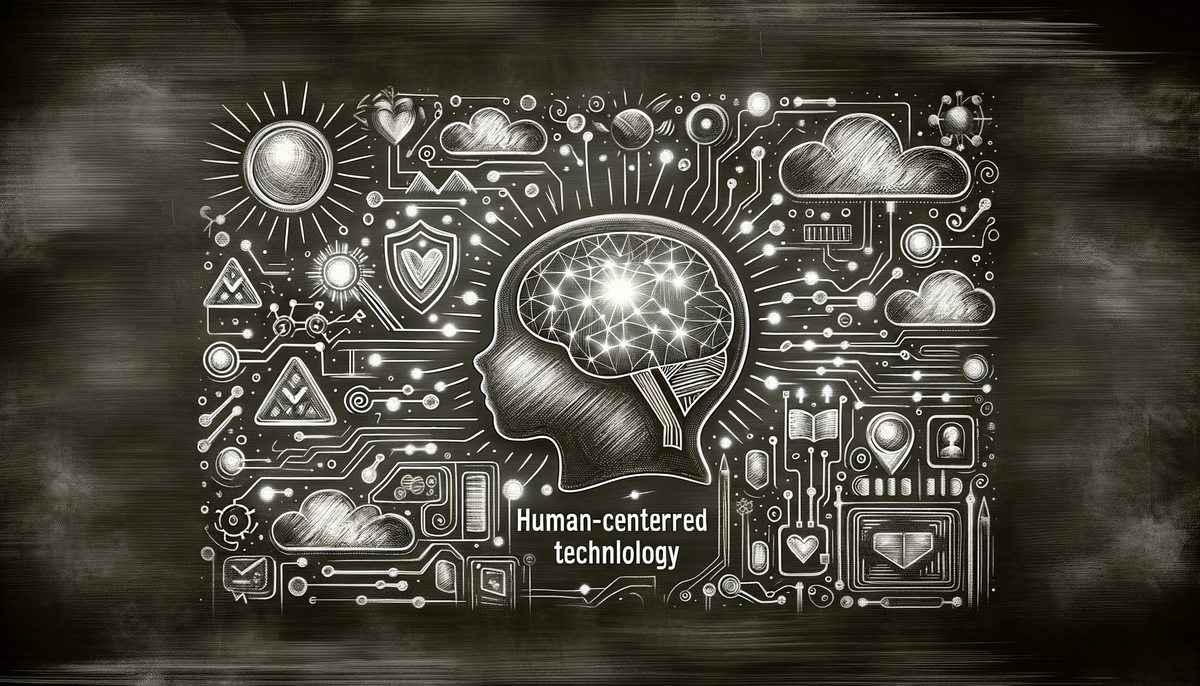AI Insights: Caution, Adoption, and Future Perspectives

In an era dominated by rapid technological advancements, AI is no mere observer but a dynamic force shaping careers, commerce, and culture. From empowering young entrepreneurs to being a staple in global workplaces, it challenges traditional wisdom while enticing industries and individuals to innovate or risk obsolescence. However, with towering ambitions come parallel concerns over data privacy, misinformation, and geopolitical ramifications.
AI and the Dawn of Intelligent Self-Employment
Venturing into the entrepreneurial landscape, individuals like Valerie Chapman signify a burgeoning trend. Upon facing unexpected job loss, she seized AI as her mentor, swiftly maneuvering through the intricacies of brand-building and client communication. This proactive approach underscores a fundamental shift: AI is not merely an accessory but a catalyst for reinventing oneself. It echoes the sentiment of Fei-Fei Li:
"If our era is the next Industrial Revolution, as many claim, AI is surely one of its driving forces."
In this digital age, being one's own boss doesn't just entail diligence but also the astute adoption of AI, mastery of which can propel one into realms previously deemed unattainable.
Indeed, the legacy of AI paves a path for an era of "intelligent self-employment" where individuals transform obstacles into opportunities through AI tutors. The age-old adage of knowledge being power finds a new ally in AI, enabling individuals to redefine career parameters beyond conventional confines.
The Ubiquity of AI Tools in the Workplace
Globally, the allure of AI-powered tools, notably OpenAI's ChatGPT, is undeniable. A staggering 75.9% of global workplaces use ChatGPT, with India leading at 92% adoption by the end of 2024. However, the fervor is not uniform. U.S. adoption, growing slower, reflects cautious enthusiasm amidst data privacy concerns from corporations like Apple and Amazon.
Yet, the underlying trend is not just numerical. The marked 42.6% increase in usage time in the U.S. signals that once integrated, AI is deeply interwoven into workflows, transforming mundane tasks into streamlines of efficiency. It is clear that AI is poised to redefine productivity, much like how typewriters once transformed clerical work in the past century.
However, the concern lies in the teetering balance between convenience and security, raising questions about whether AI ushers in unforeseen vulnerabilities.
Grappling with AI: The Tyranny of Technology
Alka Kashyap's lament in the Hindustan Times reflects society's nostalgic grapple with AI's pervasive presence. She illustrates the ongoing tension between inherited wisdom and the digital convenience enveloping our lives. The critique captures our collective hesitation to regard AI as not merely an assistant but an "arrogant intruder" in day-to-day affairs.
This introspective piece urges us to question our reliance on technology. Are we forfeiting our innate curiosity for AI-generated data overload? This discomfort, embodied by anecdotes of AI-induced myths, highlights a dependency symptomatic of a cultural shift—one where AI risks overshadowing human memory and agency.
Kashyap's reflection is poignant: as society chases instantaneous information, it risks blurring the lines of reality and knowledge. It suggests a potential reevaluation of education and the essence of learning in a world where machines may surpass human cognition.
Challenges in AI Implementation: Apple’s AI Dilemma
The tech giant Apple finds itself caught in the quagmire of AI expectations gone awry. With the delayed rollout of Apple Intelligence, the company faces both consumer disappointment and strategic reevaluation. As Craig Federighi and other executives grapple with this PR disaster, it is a cautionary tale of AI's unpredictable trajectory even for established brands.
Apple's journey highlights the fundamental irony of technological innovation: ambition often outpaces execution. This serves as a reminder that the path AI treads isn't linear, as impatience with developments may lead to hasty decisions potentially derailing long-term visions.
The Global Implications of AI Superintelligence
The discussion about AI isn't limited to corporate boardrooms. Eric Schmidt raises an intriguing perspective, cautioning against an aggressive AI arms race akin to the Cold War nuclear standoff. Dubbed "Mutual Assured AI Malfunction" (MAIM), this analogy reflects potential geopolitical tensions as countries vie for AI superiority.
Schmidt's mention of collaborative governance versus unregulated innovation proposes a strategic crossroad for nations. The aspiration for superintelligence must therefore tread a fine line between fostering innovation and averting conflict, as Oren Etzioni observes,
"AI is a tool. The choice about how it gets deployed is ours."
Prospective strategies must consider synergistic growth that amplifies collective prosperity over unilateral dominance.
Conclusion and Future Trajectories
As AI redefines the global landscape, it comes with monumental opportunities and inherent challenges that cannot be underestimated. How societies, individuals, and industries adapt to this relentless AI evolution will determine whether these technological leaps become instruments of empowerment or catalysts of concern. In the words of Jack Welch,
"AI will be the engine of a new industrial revolution, where the possibilities of innovation and automation will redefine industries and entire economies."
The path forward beckons not just innovation but thoughtful introspection in deploying AI responsibly.
Further Readings
For a detailed understanding, consider exploring the following articles from AI.Biz:




